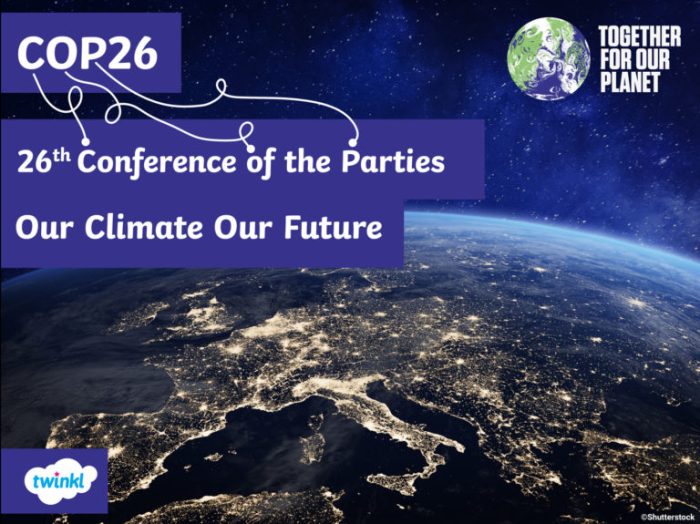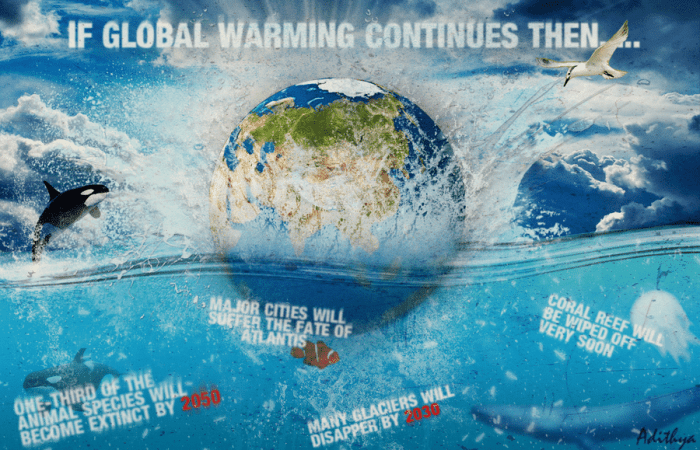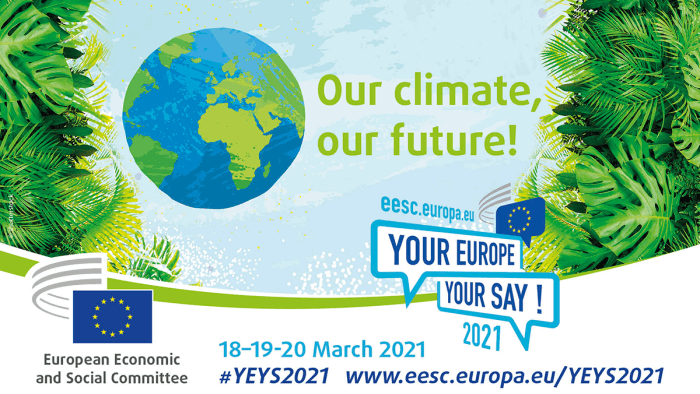Our climate our future worksheet – Our Climate, Our Future worksheet embarks on an enlightening journey into the complexities of climate change, empowering individuals with the knowledge and tools to navigate this pressing issue. This comprehensive resource unravels the scientific foundations, far-reaching impacts, and multifaceted solutions surrounding climate change, equipping readers with a profound understanding of its implications for our planet and future generations.
Delving into the intricacies of the greenhouse effect and the diverse array of greenhouse gases, the worksheet unveils the root causes of climate change. It then delves into the tangible consequences of climate change, showcasing its profound impact on ecosystems, economies, and human well-being.
Recognizing the urgency of the situation, the worksheet emphasizes the critical role of renewable energy, energy efficiency, and carbon capture and storage in mitigating climate change.
Climate Change Basics
Climate change refers to long-term shifts in temperature and weather patterns. These shifts are primarily caused by human activities that release greenhouse gases into the atmosphere.
The Greenhouse Effect
The greenhouse effect is a natural process that warms Earth’s surface. Certain gases, known as greenhouse gases, trap heat from the sun in the atmosphere. This process is essential for life on Earth, as it maintains a habitable temperature range.
Types of Greenhouse Gases
- Carbon dioxide (CO2)
- Methane (CH4)
- Nitrous oxide (N2O)
- Fluorinated gases
Causes of Climate Change
Human activities, particularly the burning of fossil fuels (coal, oil, and gas), are the primary cause of climate change. These activities release large amounts of greenhouse gases into the atmosphere, intensifying the greenhouse effect and leading to global warming.
Impacts of Climate Change

Impacts on Ecosystems
- Changes in plant and animal distributions
- Loss of biodiversity
- Disruption of food chains
- Increased risk of wildfires
Economic Costs
Climate change has significant economic impacts, including:
- Increased costs of energy and infrastructure
- Reduced agricultural productivity
- Tourism losses
- Insurance claims from extreme weather events
Social and Health Impacts
- Increased heat-related illnesses
- Respiratory problems due to air pollution
- Mental health issues related to climate anxiety
- Displacement and migration due to sea level rise and extreme weather events
Climate Change Mitigation
Renewable Energy Sources
- Solar energy
- Wind energy
- Hydropower
- Geothermal energy
Renewable energy sources produce electricity without releasing greenhouse gases, contributing to the reduction of emissions.
Energy Efficiency
Improving energy efficiency reduces energy consumption, lowering greenhouse gas emissions. This can be achieved through measures such as:
- Using energy-efficient appliances
- Improving building insulation
- Optimizing industrial processes
Carbon Capture and Storage, Our climate our future worksheet
Carbon capture and storage (CCS) involves capturing carbon dioxide from industrial processes or the atmosphere and storing it underground to prevent its release into the atmosphere.
Climate Change Adaptation: Our Climate Our Future Worksheet

Adaptation Strategies
- Building sea walls to protect coastal areas from sea level rise
- Developing drought-resistant crops
- Improving early warning systems for extreme weather events
- Relocating communities at risk from climate change impacts
Importance of Resilience
Resilience refers to the ability of communities and ecosystems to withstand and recover from climate change impacts. Building resilience is crucial for reducing the vulnerability of populations and environments to climate change.
Challenges of Adaptation
- Cost of adaptation measures
- Political and social barriers
- Lack of knowledge and capacity
- Equity and justice concerns
Climate Change Policy

Types of Policies
- Carbon pricing (e.g., carbon tax, cap-and-trade)
- Renewable energy subsidies
- Energy efficiency standards
- International agreements (e.g., Paris Agreement)
Challenges of Implementation
- Political opposition
- Economic concerns
- Lack of public support
- Technological limitations
Importance of International Cooperation
Climate change is a global issue that requires international cooperation to address effectively. Collaborative efforts can accelerate the transition to low-carbon economies, support adaptation measures, and ensure a just and equitable response to climate change.
Commonly Asked Questions
What is the primary cause of climate change?
The primary cause of climate change is the increasing concentration of greenhouse gases in the Earth’s atmosphere, primarily due to human activities such as burning fossil fuels.
What are the potential economic impacts of climate change?
Climate change can lead to significant economic impacts, including increased costs for infrastructure, agriculture, and healthcare, as well as reduced economic growth and job losses.
What are some examples of climate change adaptation strategies?
Climate change adaptation strategies include building seawalls to protect coastal communities from rising sea levels, developing drought-resistant crops, and implementing early warning systems for extreme weather events.